Our mission also includes recognizing the many wonderful chefs and home cooks who dedicate themselves to creating delicious meals for their families or acclaimed restaurants worldwide.
We treasure any contributions you would like to make to our blog, or if you have a family recipe you'd like to share with our community, please reach out at [email protected]. You are amazing, and so should your tasty cooking!
For now, love yourself and enjoy this one ...
The RHS Chelsea Flower Show, in my opinion, is the best place to see plants and herbs from different countries. The RHS Chelsea Flower Show is where garden designers and horticulturists come to learn about the latest trends in horticulture and design.
Jekka's history with the RHS Chelsea Flower Show is long. Jekka, as Jekka's Herb Farm exhibited for the first time at the RHS Chelsea Flower Show 1993. She won 14 Gold Medals in the floral marquee for her organic displays that were peat-free. She created a stunning show garden in 2016 called "A Modern Apothecary" sponsored by St John's Hospice. The Garden is now located at St John's Hospice, London. Jekka was the first woman to chair the Chelsea Floral Pavilion's judges. She has also shown the Royal Party the show numerous times.
The RHS chooses herbs for their beautiful foliage, floral display or structural qualities. Chelsea Flower Show's main trick was to time your plants and herbs so that they looked their best when judging took place. It was sometimes an illusion, as different horticultural methods were used to bring flowering dates forward or backward. The whole garden was a work of art, not something that would have existed.
Our herbs are used in many displays, and Jekkas is growing three gardens at the RHS Chelsea Flower Show this year. These include the Savills Garden, designed by Mark Gregory; the RBC Brewin dolphin Garden, designed by Paul Hervey Brookes; and the Choose Love Garden, designed by Jane Porter.
Jekka's Top 10 Herbs You Can Find In This Year's RHS Chelsea Flower Show Gardens are:
- African Blue Basil (Ocimum Basilicum var. purpurascens x kilimandscharicum)
- Angelica (Angelica archangelica)
- Cardoon (Cynara cardunculus)
- Fennel (Foeniculum vulgare)
- Lavender Cotton Primrose Gem (Santolina rosmarinifolia subsp rosmarinifolia 'Primrose Gem')
- Nasturtium Empress (Tropaeolum Majus "Empress").
- Prostrate Rosemary, (Salvia rosemarinus (Prostratus Group),
- South African Wild Rosemary
- Sweet Tea Vine (Gynostemma pentaphyllum)
- Variegated Horseradish (Armoracia rusticana 'Variegata')
1. African Blue Basil (Ocimum Basilicum var. purpurascens x kilimandscharicum)
Chelsea's gardens must have purple flowers and foliage. This Basil is a good choice because it has attractive, dark purple leaves with a camphor smell. In summer, this is accompanied by clusters of pink/mauve tubular flower. This is one of the few perennial basils. It is a culinary basil that goes well with both meat and vegetable dishes.
2. Angelica (Angelica archangelica)
In Chelsea Flower Show, bold structural elements are often seen. And in terms of plants nothing beats Angelica. Garden designers are attracted to Jekka's Angelicas because of their large umbels, white/green flowers, and deep purple stems. The monocarpic nature of Angelicas means that it takes two years for them to reach this stage. In the lead up to Chelsea, the large plants will be moved into and out tunnels in order to protect them against wind, rain, and snow, as well as excessive heat. Jekka's decades of experience has taught her that timing is everything.
3. Cardoon (Cynara cardunculus)
Cardoon is a winner in both structure and flower, adding drama to the Chelsea Flower Show. Due to its large, silver/grey serrated leaflets, it is an evergreen perennial which can reach a height of 2.5m and a width of 1.2m. The large blue/violet flower heads are attractive to pollinators and bees.
4. Fennel (Foeniculum vulgare)
The Fennel at the Chelsea Flower Show is not in bloom but used for its feathery soft green foliage which adds texture. Garden designers love Bronze Fennel, foeniculum vulgare "Purpureum", as it adds a new colour to the garden palette.
5. Lavender Cotton Primrose Gem (Santolina rosmarinifolia subsp rosmarinifolia 'Primrose Gem')
The plants and herbs are selected for their vibrant colours. This is because they must survive the week-long show. Cotton Lavender Primrose is a dwarf evergreen shrub with bright, vibrant green leaves. The pom-pom yellow primrose flowers with long stalks appear in the summer.
6. Nasturtium Empress ( "Empress" of India "Tropaeolum Majus ")
Nasturtium Empress of India's flowers are the perfect addition to Chelsea Flower Show gardens. On a mid-green leaf background, the dark red flowers with their long nectar spur are displayed. They look great in terracotta containers and are commonly seen in cottage gardens. The flowers and leaves can be added to salads.
7. Prostrate Rosemary Salvia rosemarinus
In a garden, Rosemarys can be used as a culinary herb but they also add structural interest. Particularly prostrate Rosemarys that trail and hang, covering walls, pillars, and pots. The flowers are small and blue. They can bloom in early spring, with a second blooming in autumn. In the past few years, Rosemarys are a very sought-after commodity in the garden world. It is difficult to import them from Europe due to Xylella, which affects olive trees and lavendars. Xylella fastidiosa is a major problem in Europe, causing leaf scorch, wilt and dieback, which ultimately leads to plant death. Import restrictions make it difficult to locate.
8. South African Wild Rosemary Eriocephalus Africanus
South African Wild Rosemary is also known as "Eric" by Jekka’s because of its Latin name. It has thin, grey, hairy and aromatic leaves that grow in tufts on the branch. The white daisy flowers have a maroon centre. The common name comes from its supposed resemblance with Rosemary. It is also used structurally in a similar manner in gardens.
9. Sweet Tea Vine (Gynostemma pentaphyllum)
Sweet Tea Vine, a medicinally significant herb, is also a dramatic climbing plant with glossy, serrated, small, palmate green leaves. The vine can grow up trellises, cascade over pots, and cover walls and columns, just like Rosemary. Sweet Tea Vine is a favourite at Jekka's as it has a cucumber-like flavour and can be used to make herbal teas, or even in puddings.
10. Variegated Horseradish (Armoracia rusticana 'Variegata')
The dark green leaves with white/cream splashes are used to create a dramatic and interesting effect. It is a highly invasive herb, so its use as an illusion in the RHS Chelsea Flower Show Garden was not to be copied!
Do you want to know more about?
Jekka’s blog, videos and Jekka’s book ‘A Pocketful of Herbs’ or Jekka’s Complete Herb Book’ are all great resources for learning more about herbs. You can also browse Jekkapedia to find herb-based recipes and explore Jekkapedia.
Visit the herb farm at South Gloucestershire during one of our open days, master classes, or Herb experiences like this year's Jekka HerbFest. (See our event calendar).
Check out the 'Jekka Seasonal Tips' series of blogs for advice on how to grow and maintain herbs. It includes information about what you can do in your herb gardens in early spring and late spring. Also, it covers summer, autumn and winter. Together, they are the foundation of Jekka’s guide on how to grow herb.
You can also check out Jekka's herb of the month blogs for: Bay (January), Rosemary, (February), Salad burnet (March), French Tarragon, (April), Angelica, (May), Alliums, (June), Lavender July), Mint August), Szechuan Pepper September), Thyme November and Curry Tree December.
You can collect herb plants from our herb farm located in South Gloucestershire, or you can attend one of our open days. You can check our'Look Good List'to see what's available. Use our Webform, or send us your list ([email protected]) directly. There is no longer a mail order service available for our plants. However, we occasionally offer a limited selection of Jekka’s Culinary Herb Boxes.
By: Alistair McVicar
Title: Jekka's top 10 herbs you can find in show gardens at RHS Chelsea Flower Show in 2023
Sourced From: www.jekkas.com/blogs/jekkas-blog/jekkas-top-10-herbs-you-can-find-in-show-gardens-at-rhs-chelsea-flower-show-in-2023
Published Date: Sun, 21 May 2023 10:00:00 +0000
Frequently Asked Questions
What is the difference between herbs and spices?
Herbs are used for cooking, and spices are used for seasoning.
Herbs have more intense flavors and can be used to cook dishes, while spices can bring out the flavor of foods without altering the taste.
Spices can also be added to food during preparation, such as curry. Spices may be bought individually, or whole packages may be purchased. There are many spices, including black pepper, cayenne pepper, cinnamon, cloves, coriander, garlic, ginger, nutmeg, oregano, paprika, parsley, rosemary, sage, salt, thyme, turmeric, vanilla extract, etc.
The best way to ensure that you are selecting the right spice for your dish is to read the label carefully. If there is an ingredient list, look for "spice" among the ingredients. A common mistake cooks make is buying too much of a particular spice because they do not realize how little they need.
There are a few basic rules to follow when choosing which herb or spice to use. For example, most herbs are fresh, whereas spices tend to last longer. Also, herbs are generally found in small quantities, while spices come in larger containers. Finally, most herbs are usually sold loose (or ground), while spices are packaged in jars or cans.
As long as you are careful to select the correct herbs or spices, you will find that adding them to recipes makes preparing meals easier. After all, spices add flavor to various dishes, while herbs can help improve the appearance and aroma of food.
How is basil used for medicinal purposes?
In ancient times, doctors would prescribe basil leaves to treat colds and coughs. Today, basil contains powerful anti-inflammatory properties, making it an ideal remedy for arthritis, asthma, bronchitis, eczema, gout, hay fever, indigestion, migraines, menstrual cramps, sinus infections, sore throats, ulcers, varicose veins, and more.
Basil is also known for its ability to help protect against cancer, heart disease, diabetes, skin conditions, and even aging.
Basil is often referred to as "the herb of grace" because it helps us relax and unwind after stressful situations. It is also said to improve memory and concentration, boost energy levels, increase libido, and enhance athletic performance.
The list goes on and on. Basil is a versatile plant that offers a wide range of benefits for our health and well-being.
How do you make medicinal herbs?
There are many different methods to make herbs into medicinal products. The most common method is to dry the herbs in a warm, dark location before grinding them into a powder or extracting their essential oils. This can be accomplished by hanging herbs upside down in bunches, laying herbs on a drying screen, or using a food dehydrator.
Once dried and ground, herbs can be stored in airtight containers for future use. Other herbs may require special preparation, such as infusing herbs into oil or vinegar, making tinctures with alcohol, or distilling herbs to create essential oils.
Learning the correct techniques for preparing herbs can help ensure that they retain their medicinal properties and potency for optimal health benefits. Using fresh herbs is usually best, but herbs can also be grown in a pot or garden and harvested when they are mature. Herbs can be purchased at health food stores, online retailers, and specialty shops.
No matter where herbs come from, the preparation techniques remain the same; drying herbs in a warm location followed by grinding or extracting the essential oils. You can make your medicinal herbs with the right herbs and preparation techniques.
When making herbal preparations, it is essential to remember that herbs can vary in potency, so always dilute herbs before use or follow the directions on any product label. Additionally, herbs are best used fresh, as many of their beneficial components degrade over time.
Following safety guidelines and paying attention to the potency of herbs can help ensure that you get the most benefit from your herbs. With a bit of practice and preparation, anyone can make therapeutic herbs with medicinal properties. Remember that herbs should never replace any medical advice or treatments prescribed by a doctor. Always consult a licensed healthcare professional before using herbs medicinally.
What herbs should you take daily?
Depending on your health and wellness needs, many herbs can be taken daily to help improve your overall health.
Popular herbs for daily consumption include ashwagandha, turmeric, ginger, holy basil, chamomile, lavender, peppermint, and cayenne pepper. Ashwagandha is an adaptogenic herb that can help the body resist stress and anxiety. Turmeric is known for its anti-inflammatory properties, while ginger has been shown to aid digestion and boost immunity. Holy basil may help with managing blood sugar levels, as well as providing a calming effect. Chamomile can promote relaxation, while lavender is used in aromatherapy for its calming properties. Peppermint can help aid digestion and reduce nausea, while cayenne pepper has antibacterial properties that may boost your immunity.
As always, you must consult your doctor before taking herbs daily to ensure they are safe for you and do not interact with any other medications or herbs you may be taking.
There is no shortage of information on what foods we should eat and how much exercise we should do. But when it comes to what supplements we should take, there is a dearth of knowledge.
This is because most of us aren’t sure which ones work or which are junk. So we go online and look up whatever we can find.
But often, these articles are written by companies trying to promote their products. Which means they're usually biased toward their product.
So instead of finding unbiased advice, we end up reading marketing hype.
This makes sense since marketers make more money selling stuff than doctors.
The medical industry isn’t even allowed to advertise directly to consumers anymore. The best way to learn about natural remedies is to read independent reviews.
This is where you'll find real users sharing their experiences with each supplement. These sites give you an honest opinion of whether or not a particular herb helps.
Users will often share their experience with a supplement after taking it. This gives you a good idea of its effectiveness and any side effects.
You can also check out forums dedicated to herbalism. Here you can ask questions and receive answers based on personal experience.
Of course, there are plenty of other ways to learn about herbs.
There are books, websites, blogs, videos, podcasts, and classes. All of them provide valuable information about natural remedies.
Is basil good for kidneys?
The answer is yes. Basil is an excellent food for kidney health. It contains potassium which helps reduce high blood pressure. It also contains vitamin K, which is essential for bone strength. As well as this, it is rich in antioxidants which help protect against heart disease.
Basil is great for digestion too. It contains digestive enzymes that break down protein and carbohydrates. This makes it easier to absorb nutrients from your meals.
Basil is a wonderful addition to any diet. Try sprinkling some over pasta dishes, salads, soups, and sandwiches. Or add little stir-fried vegetables, chicken, fish, meat, and tofu.
It's delicious in pesto sauce and fresh in salad dressings. You'll find many recipes online where you can learn how to cook with basil.
Try making basil oil by adding a few drops of pure olive oil to a jar filled with chopped basil leaves. Let it steep overnight, and then strain out the leaves. Use the oil as a massage oil or rub it onto your skin.
It will leave your skin soft and smooth.
What spices assist in recovery?
The use of spices to aid in healing is an ancient practice dating back centuries. Many spices have been used for their medicinal properties, including ginger, cinnamon, cayenne pepper, turmeric, and garlic. Each of these spices has unique benefits that can help with various health issues.
Ginger is known for its anti-inflammatory and antioxidant effects and can help reduce inflammation in the body. It can also be used to soothe an upset stomach or relieve nausea.
Cinnamon has been found to have a wide range of medicinal properties, including antiseptic, antifungal, antimicrobial, and antioxidant agents. It is even believed to help regulate blood sugar levels, making it beneficial in helping prevent diabetes.
Cayenne pepper has been used for centuries as a natural pain reliever and anti-inflammatory agent. It is also thought to increase circulation and metabolism, which can help the body heal more quickly.
Turmeric is an herb that contains curcumin, a powerful antioxidant. Curcumin is beneficial in treating various conditions, from arthritis and neurological disorders to cancer.
Garlic is packed with nutrients and has many health benefits. It can help reduce inflammation, act as antibiotic, lower cholesterol levels, and even boost the immune system.
These spices are all-natural ways to help the body heal and improve overall health. They can all be easily incorporated into food or taken in supplement form for convenience. While spices alone won't cure any ailments, they can play an essential role in aiding healing.
In addition to spices, there are also other natural remedies for healing, such as herbs, essential oils, and homeopathy. Research has shown that many of these remedies can be effective in treating a variety of conditions. If you're looking for an alternative to conventional medicine, consider incorporating some of these natural remedies into your health routine.
Statistics
- Herbs are among the most popular and widely used medicinal remedies. According to a survey conducted by the National Institutes of Health, herbs were used by over 38% of adults in the United States.
- Studies have shown that cinnamon can lower fasting blood sugars by 10-29% in diabetic patients, which is a significant amount (9Trusted Source10Trusted (healthline.com)
External Links
[TAG29]
[TAG32]
- Ashwagandha | Memorial Sloan Kettering Cancer Center
- Grape Seed | Memorial Sloan Kettering Cancer Center
[TAG35]
- Peppermint oil (Mintoil®) in the treatment of irritable bowel syndrome: A prospective, double-blind placebo-controlled randomized trial
- Curcumin reverses the effects of chronic stress on behavior, the HPA axis, BDNF expression, and phosphorylation of CREB
[TAG38]
How To
How To Upcycle Herbs After Making Infusions, Oils, Tinctures, And More?
There are more ways to use herbs than you might realize. This is why it's essential to keep an open mind when learning how to make herbal infusions, oils, tinctures, and more.
You'll find that there are many methods for making these products, and even though they may seem similar, each method has its benefits.
For example, some methods include creating decoctions, boiling water or alcohol with the herb(s), and letting them simmer for a while. These infusions are solid and potent because they contain higher concentrations of active compounds.
Another type of infusion includes macerating the herb(s), which means soaking them in liquid for a few hours or even overnight. Macerations tend to produce milder results because the plant material isn't boiled.
Some cold-infused forms involve steeping herbs in cool liquids such as ice cubes or cold water. Cold infusions are gentler than hot ones, often used to treat minor ailments.
Herbal oil extraction involves heating the herb(s) to release the essential oils. You can either do this yourself or have someone help you out with it.
Finally, there are tinctures made by mixing herbs with alcohol. They're usually taken orally and are very effective for treating coughs, colds, and flu symptoms.
The best way to learn how to create infused products is to experiment with various techniques. Each technique offers a different potency and effectiveness, depending on the herb(s) you choose.
Once you've tried a few different methods, you'll begin to develop your preferences. In time, you'll be able to determine which techniques work well for you and which aren't worth pursuing.
Resources:
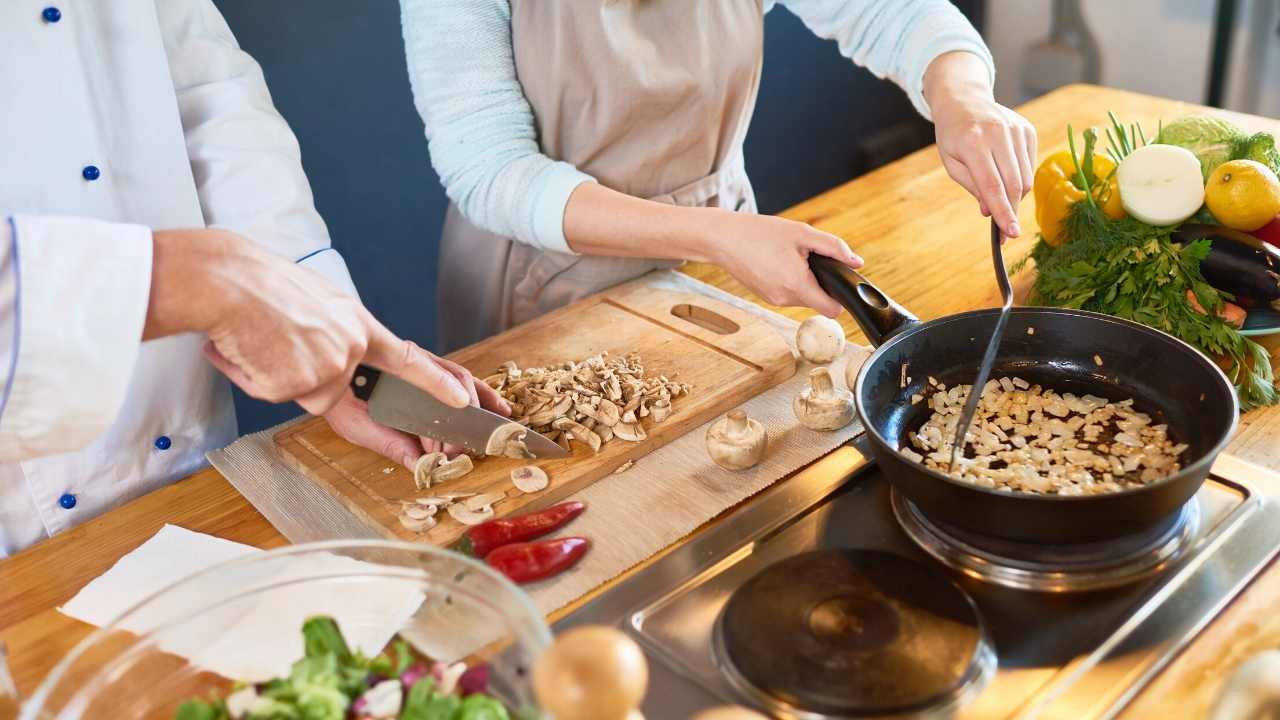 |
[TAG40]In this video we are starting out seedlings for our winter growing in the Tower Garden and we're taking you along for the journey! We'll show you just how easy |
 |
[TAG41]Hope you enjoyed this video and thank you for your support. Don’t forget to like, share and subscribe. PLEASE FOLLOW ME IN FACEBOOK https://www.facebook |
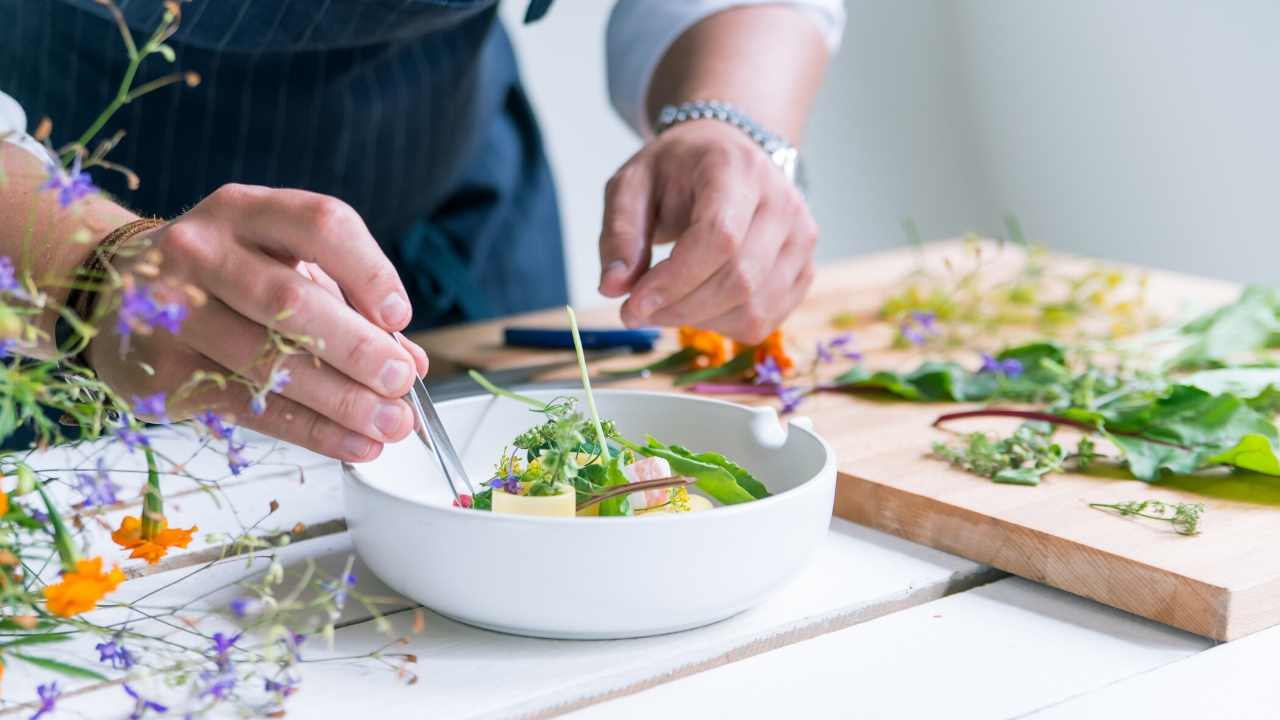 |
[TAG42]Who was the Marble Looking Man? Paul Sinclair shares his accounts of unusual and strange happenings in an around East and North Yorkshire. We now have |
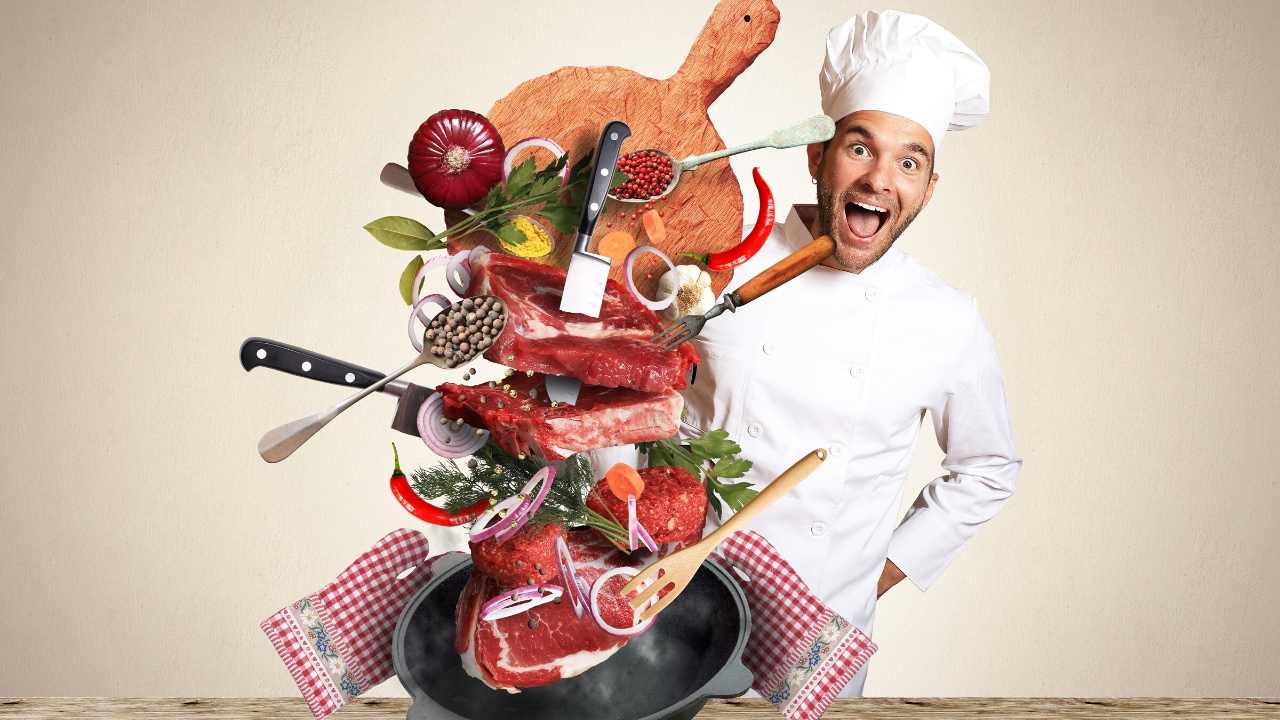 |
[TAG43]COFFEE MOANING the PODCAST ON APPLE PODCASTS: https://podcasts.apple.com/gb/podcast/coffee-moaning/id1689250679 ON SPOTIFY: |
 |
[TAG44]Are you eating healthy bread? If so, this video is a must-watch before you take another bite of those seemingly innocent slices. Bread might be a staple, but |
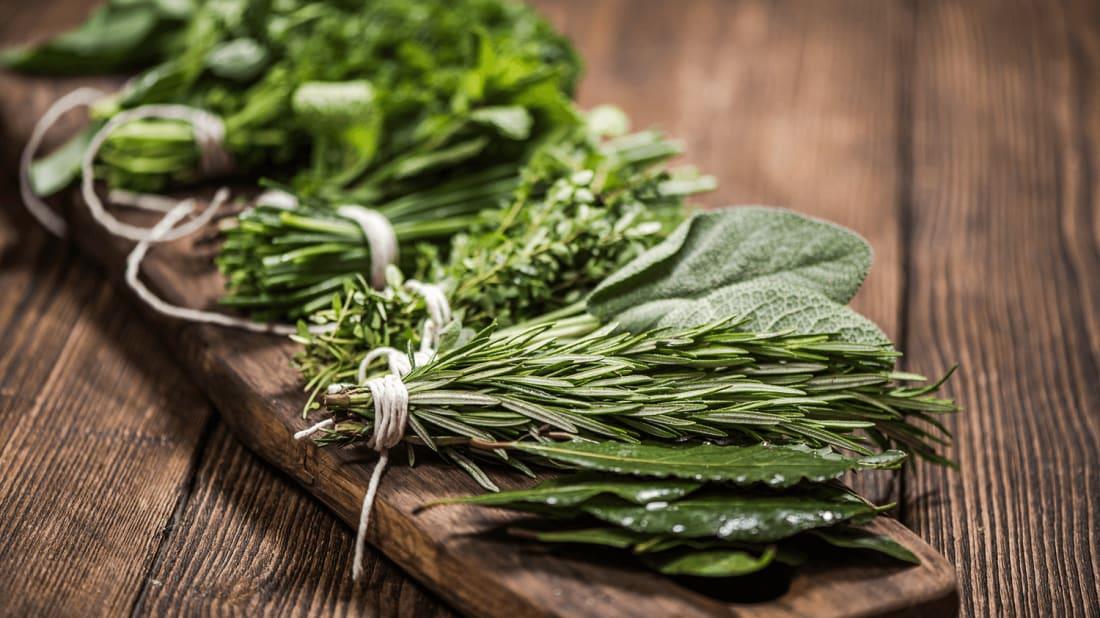 |
[TAG45]Learn herbs from respected professional herbalists offering world-class herbalist training. The NEW Professional Herbalist Course includes courses on over 600 |
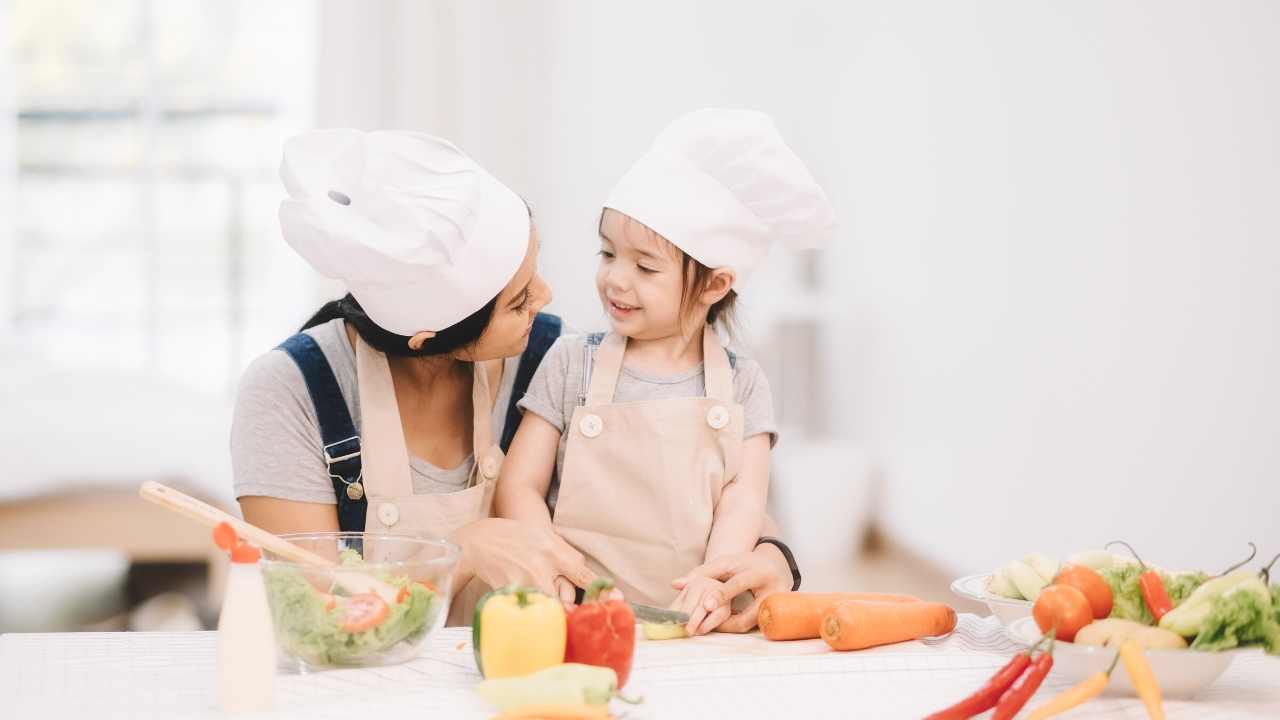 |
[TAG46]Patrick Bet-David, Adam Sosnick, Tom Ellsworth and Vincent Oshana discuss Bill Maher's appearance on Roseanne Barr's podcast where he denies knowing MK Ultra, |
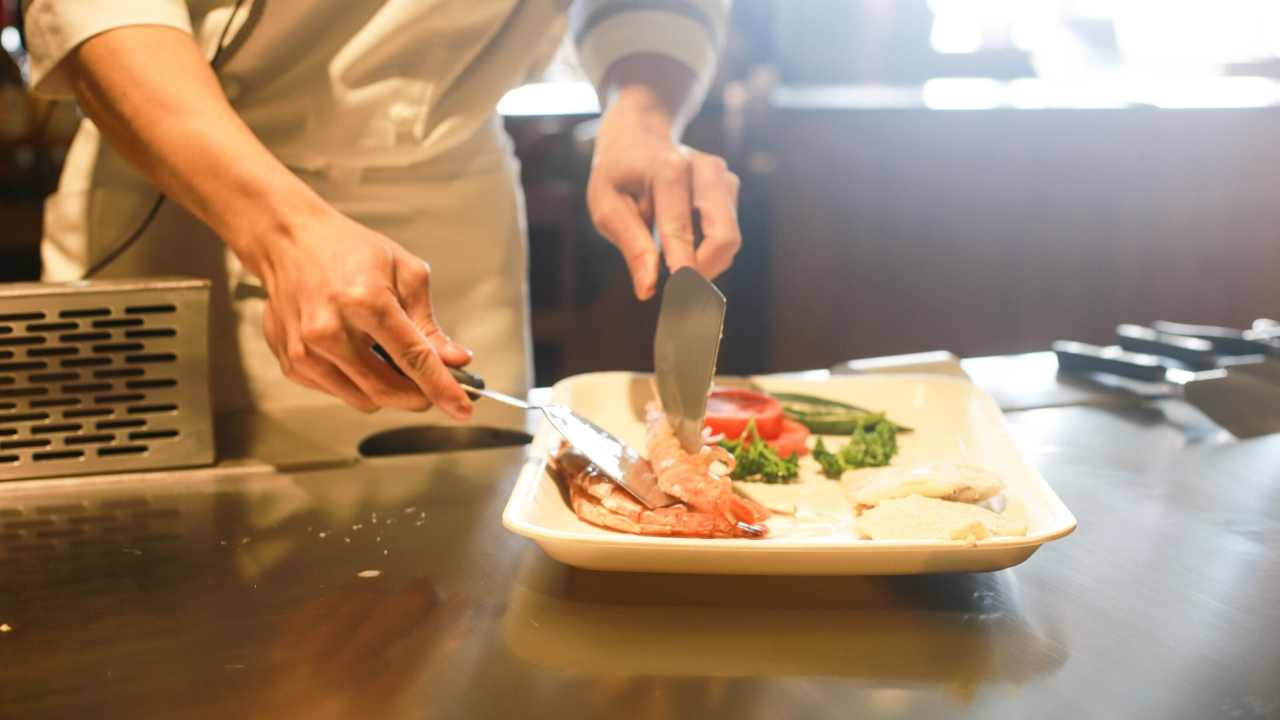 |
[TAG47]Use Code THOMAS25 for 25% off Your First Order from SEED: https://www.seed.com/thomasyt Obesity Pandemic - Willpower vs Genes vs Environment This video |
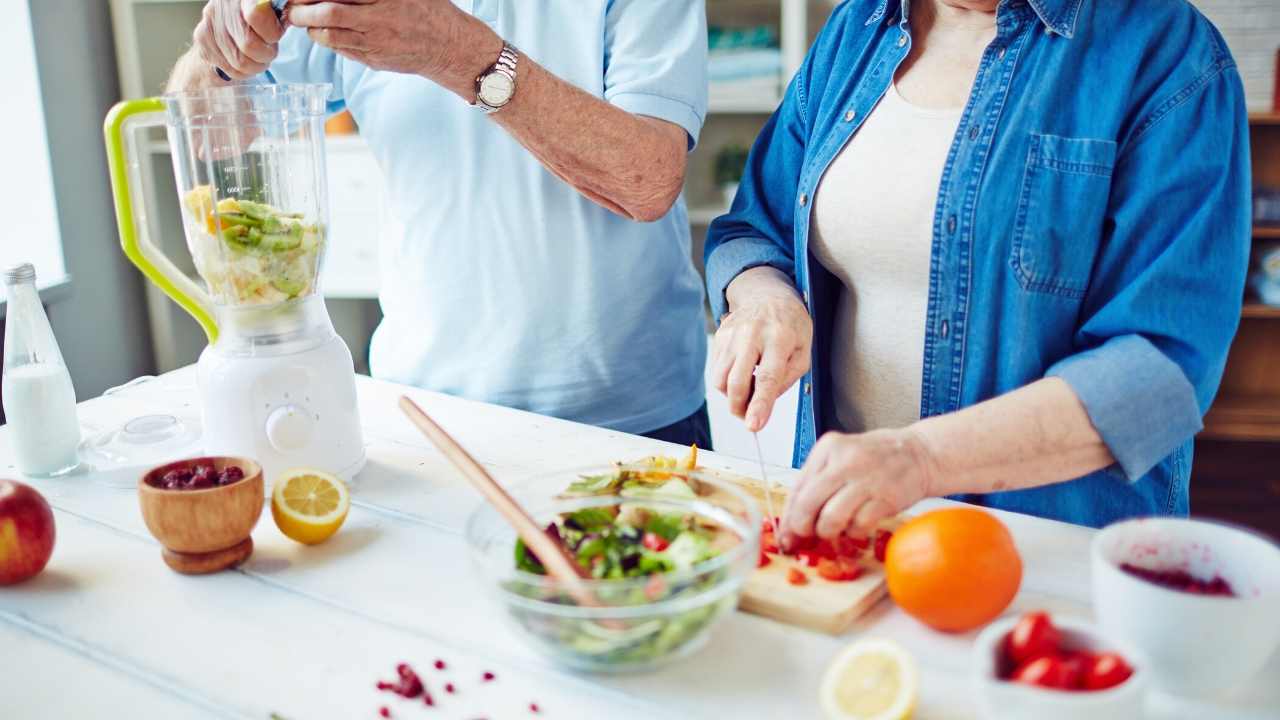 |
[TAG48]Harvesting self-grown vegetables - bursting with emotions when the old lady handed over the red book Thank you for watching my video. Wishing you good health, |
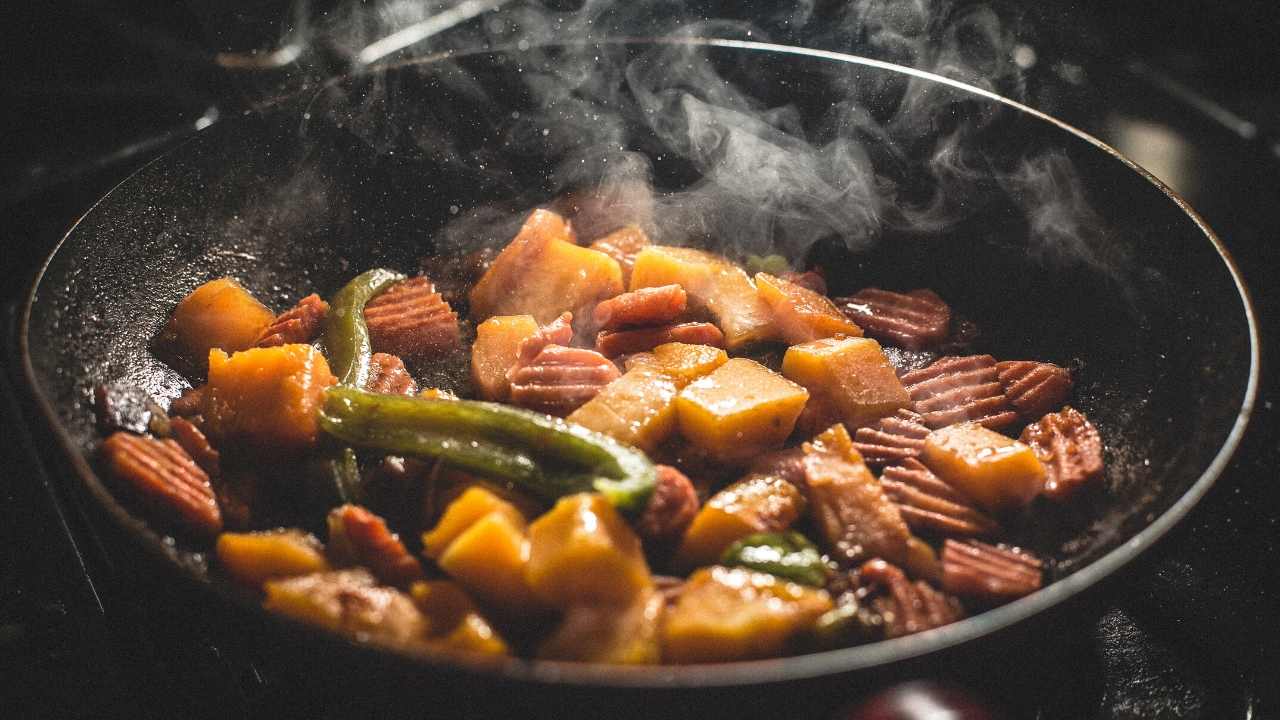 |
[TAG49]In This Video I'm Gonna Show You How To Find And Farm All 7 Herbs In Terraria! Enjoy ! :) #terraria #guide #tutorial |
 |
[TAG50]Former President Trump in recent remarks is now working to portray President Biden as a threat to democracy, saying Biden 'is the destroyer of American |
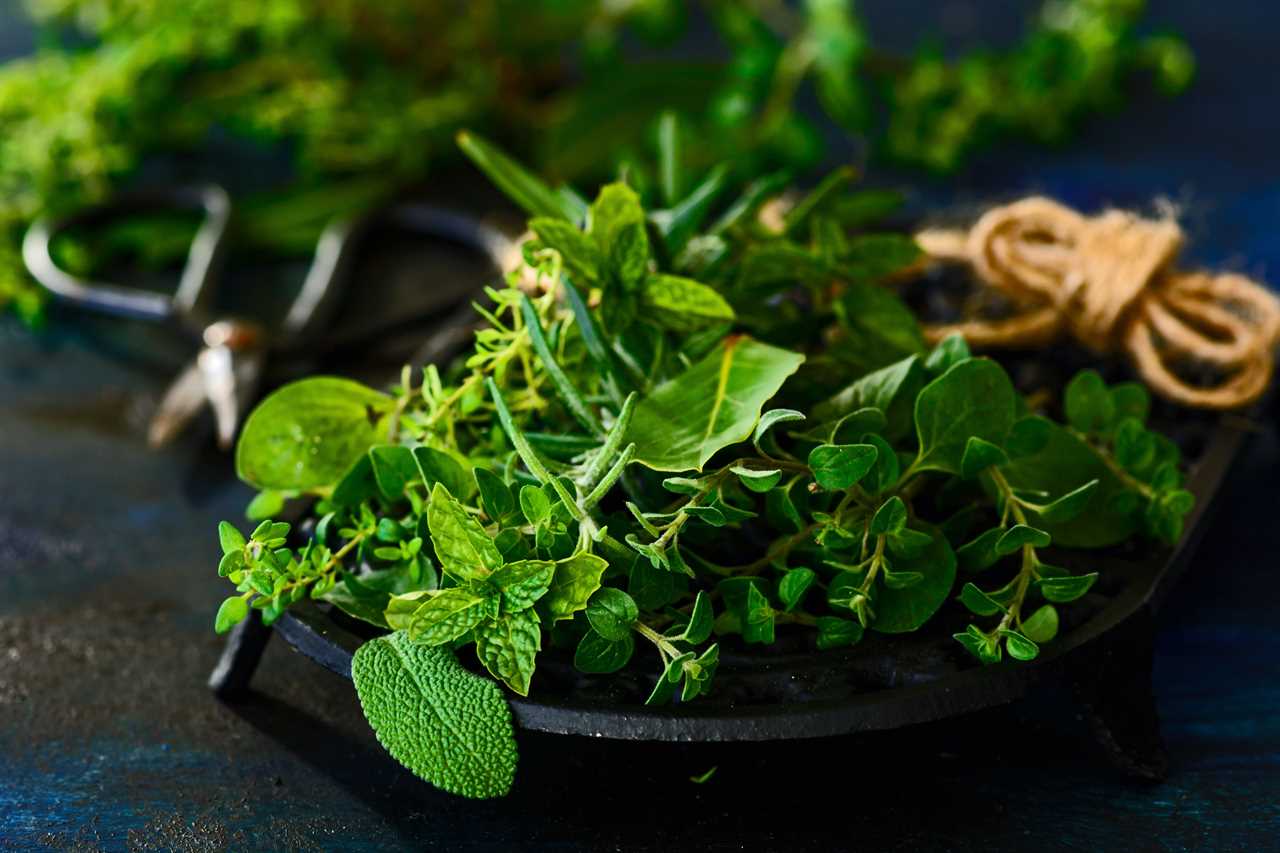 |
[TAG51]Find out more about herbs and how to use them |
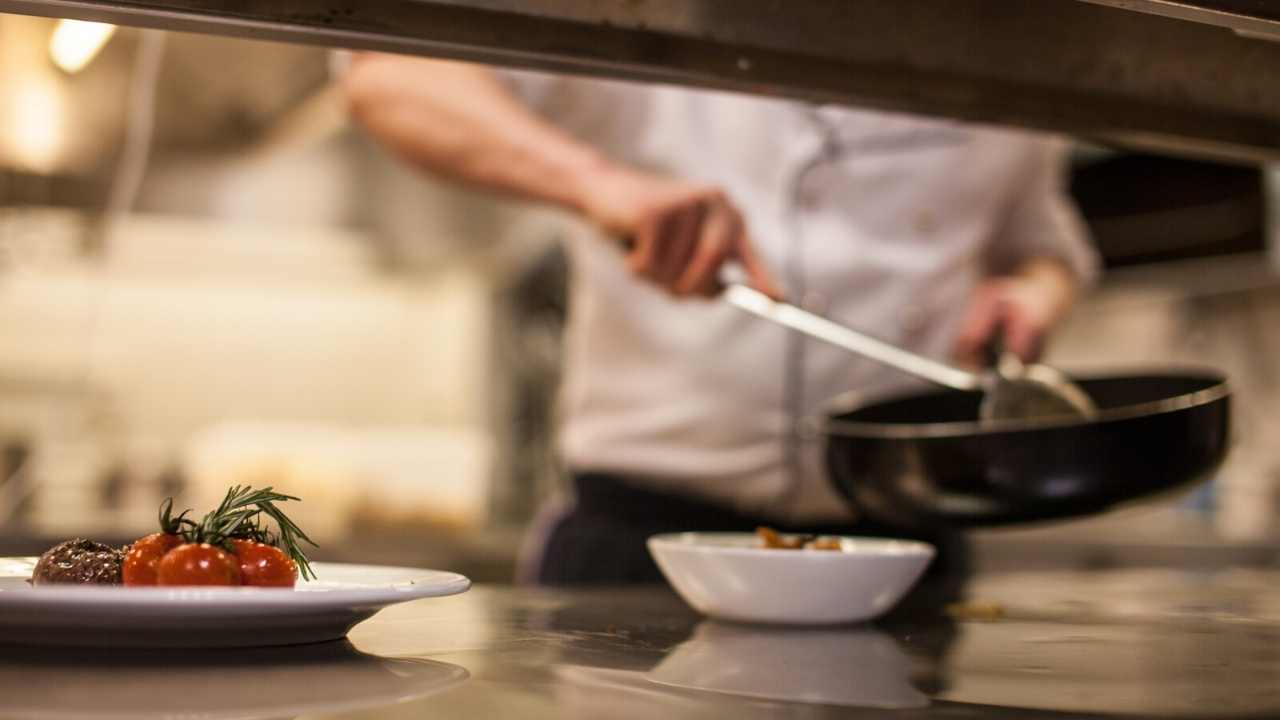 |
[TAG52]Read about our list of the best citrus bergamot supplements and how they may help to reduce cholesterol levels, balance blood sugar levels, and more. |
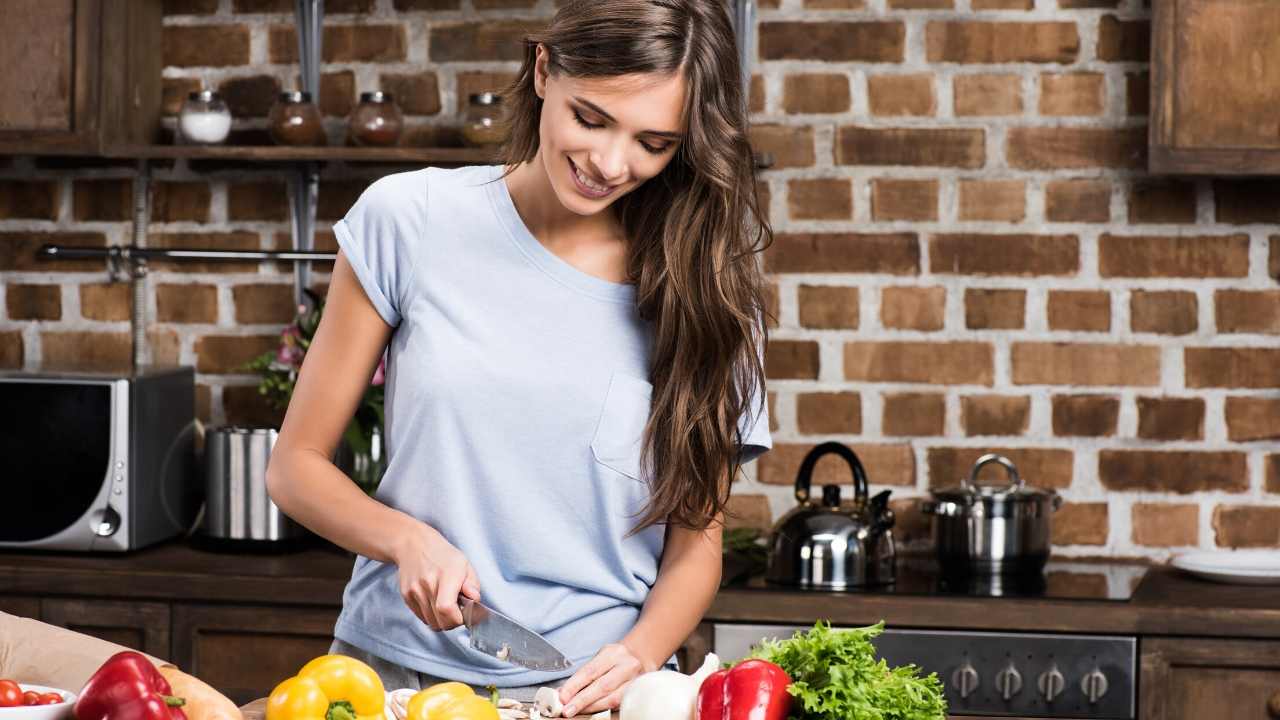 |
[TAG53]SPONSORED CONTENT When it comes to finding the best herb suppliers, there are many different places you can shop. However, ... Read more |
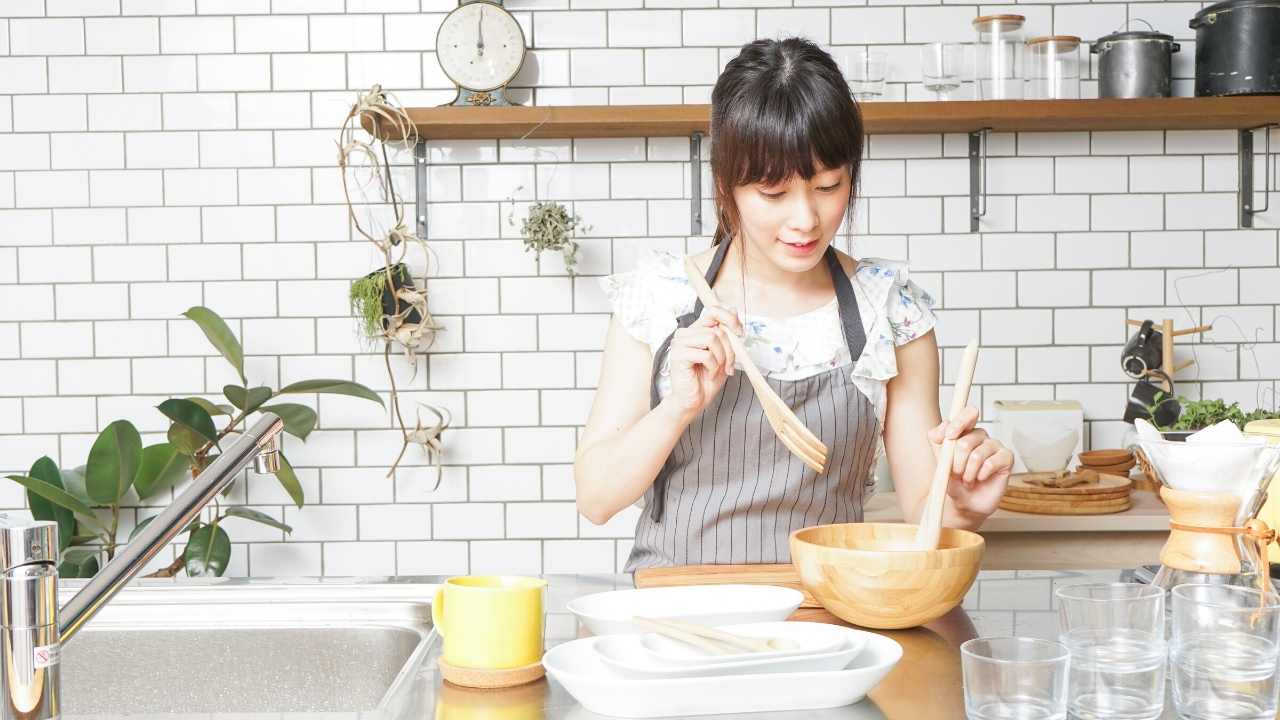 |
[TAG54]Black seed oil is a popular herbal supplement used to improve blood sugar, support heart health, reduce inflammation, enhance brain ... Read more |
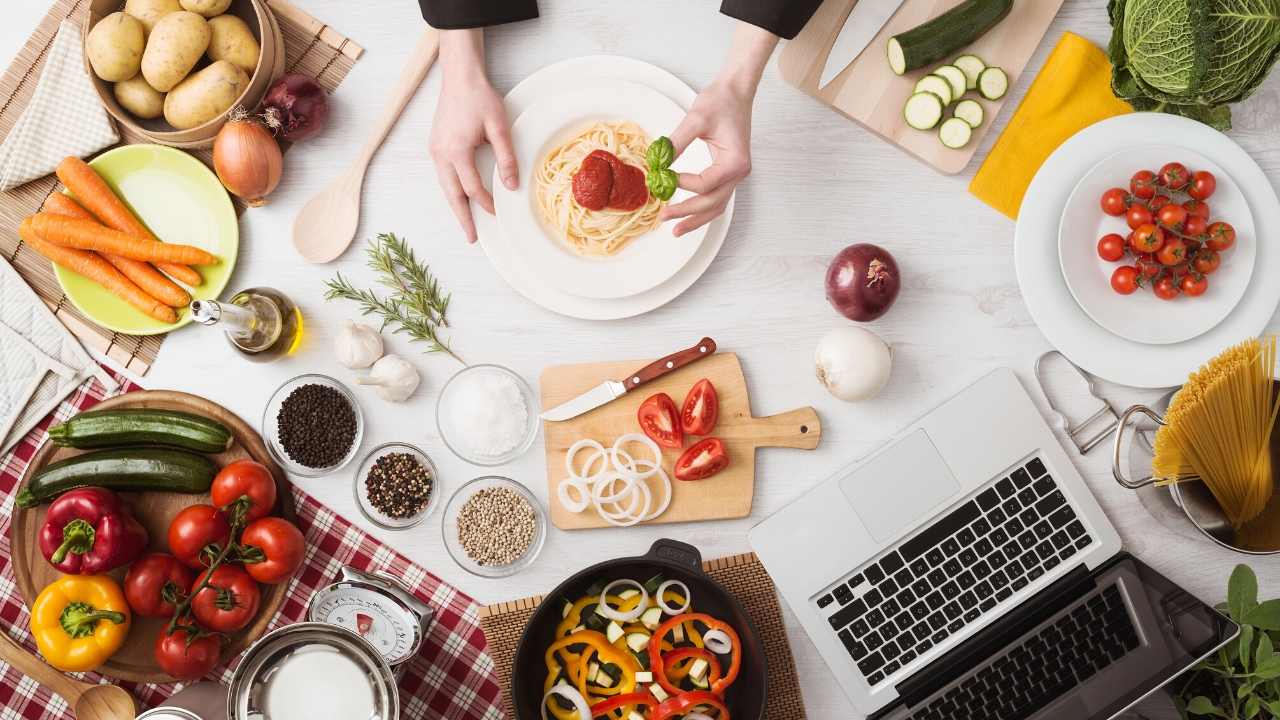 |
[TAG55]Join me in this new episode as I’m sharing five medicinal benefits of hops, as well as an interesting way for you to work with hops in a hops oil recipe. |
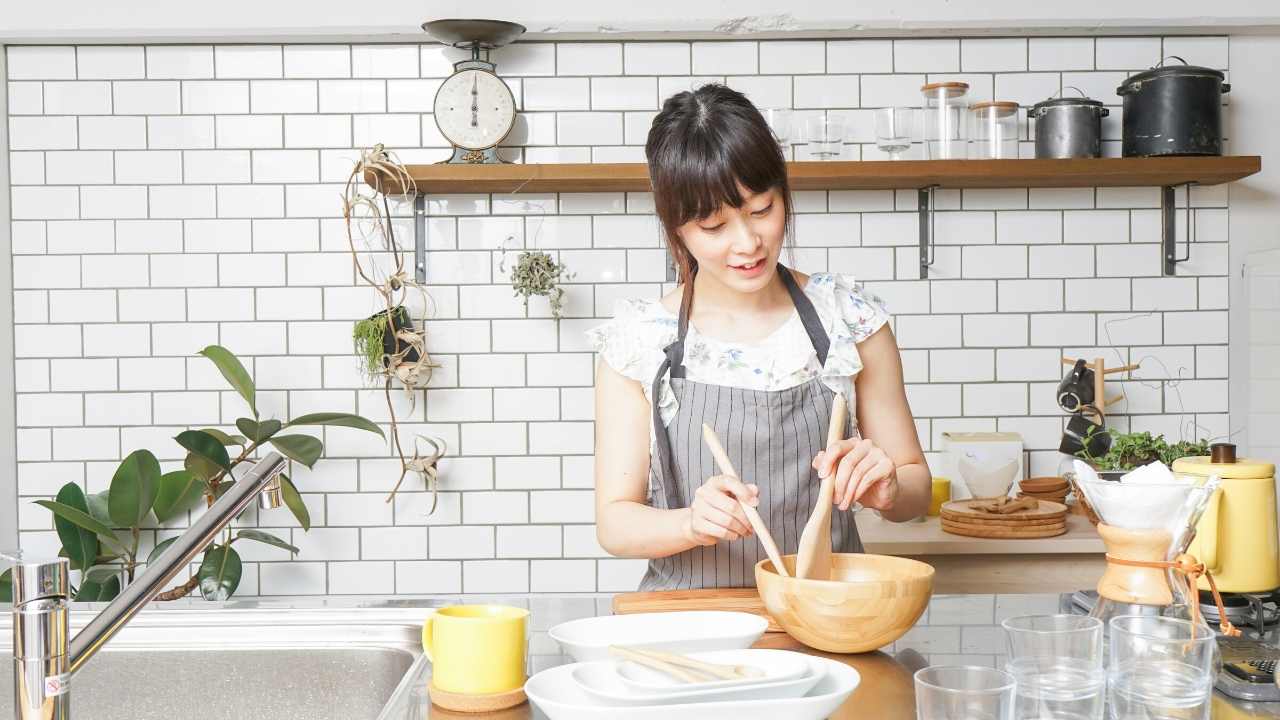 |
[TAG56]In this episode, I’m sharing five steps to take so that when you do commit to a particular course of study, you’ll know you’ve chosen the very best one for YOU. |
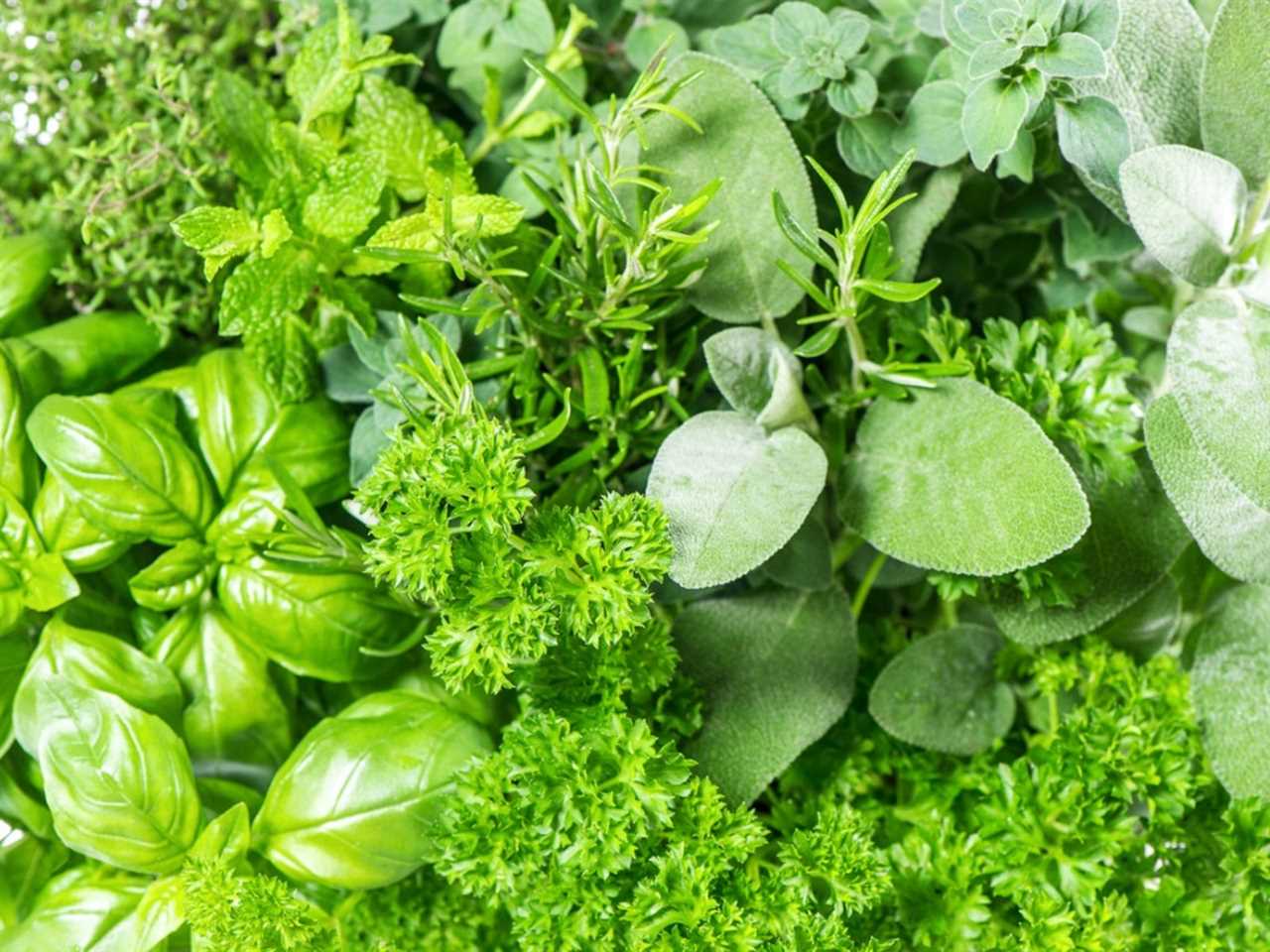 |
[TAG57]Like life, tea is what you make of it and The Cup of Life helps individuals enjoy tea in more than one way. Join me on my tea adventures through my blog! |
 |
[TAG58]Weight loss can be a great way to manage your overall health, especially if you want to reduce your risk ... Read more |
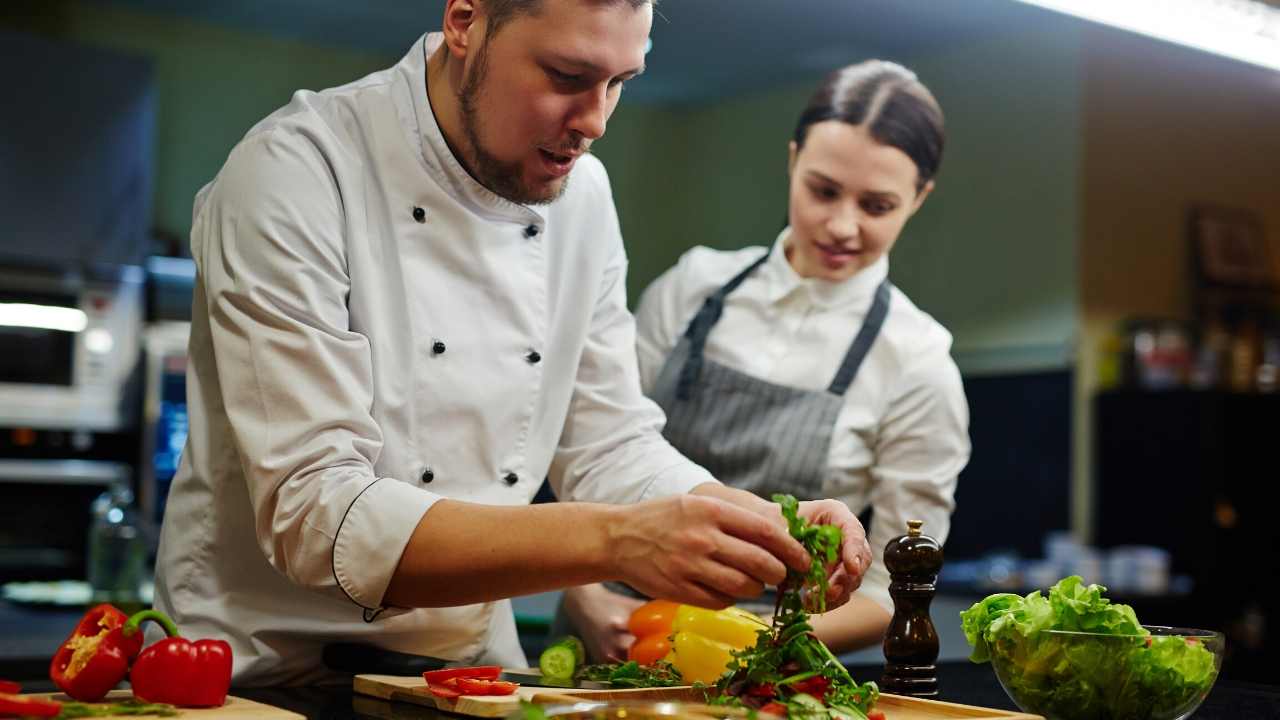 |
[TAG59]Have you ever wondered how to become an herbalist? Herbalism is the art and science of using herbs for health. ... Read more |
 |
[TAG60]In this episode, you’ll learn all about holy basil benefits for your heart, immune system, brain health and so much more. And don't miss my new ebook! |
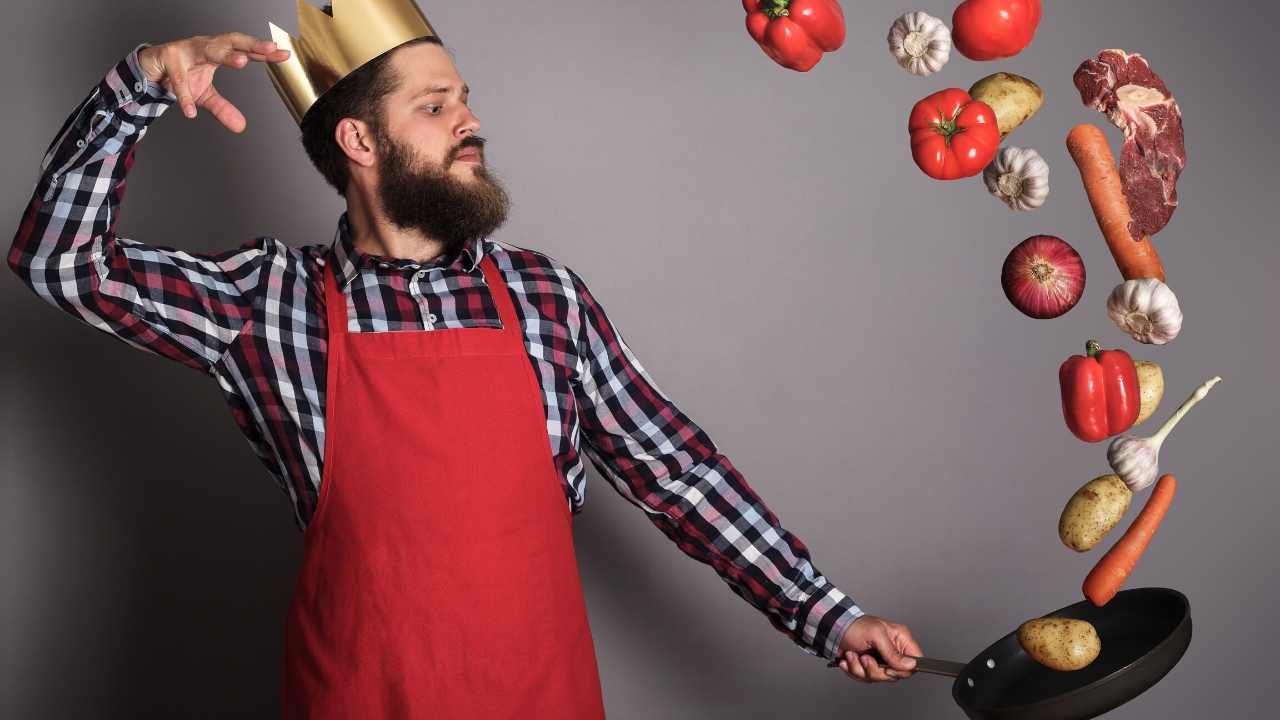 |
[TAG61]The gifts of bee balm include promoting digestion, helping you recover from colds and the flu, fighting fungal and yeast infections… and many more! |
 |
[TAG62]Find out how to make a marshmallow root tea recipe for the best marshmallow root benefits and experience one of our most healing and soothing medicinal herbs! |
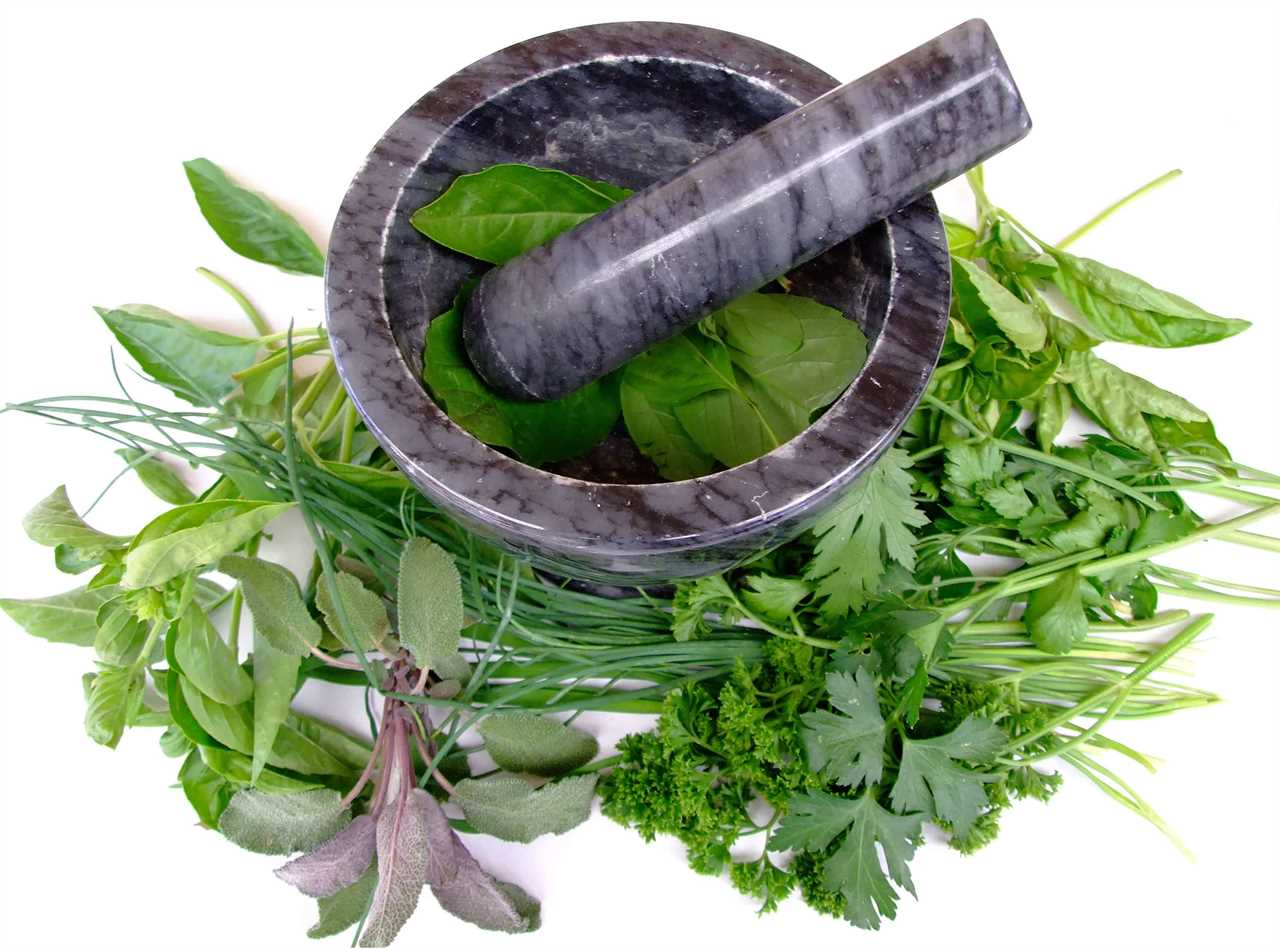 |
[TAG63]A tea assessment platform that rates teas based on objective quality markers and a sensory evaluation resulting in a list of the best teas produced each year. |
.png)





